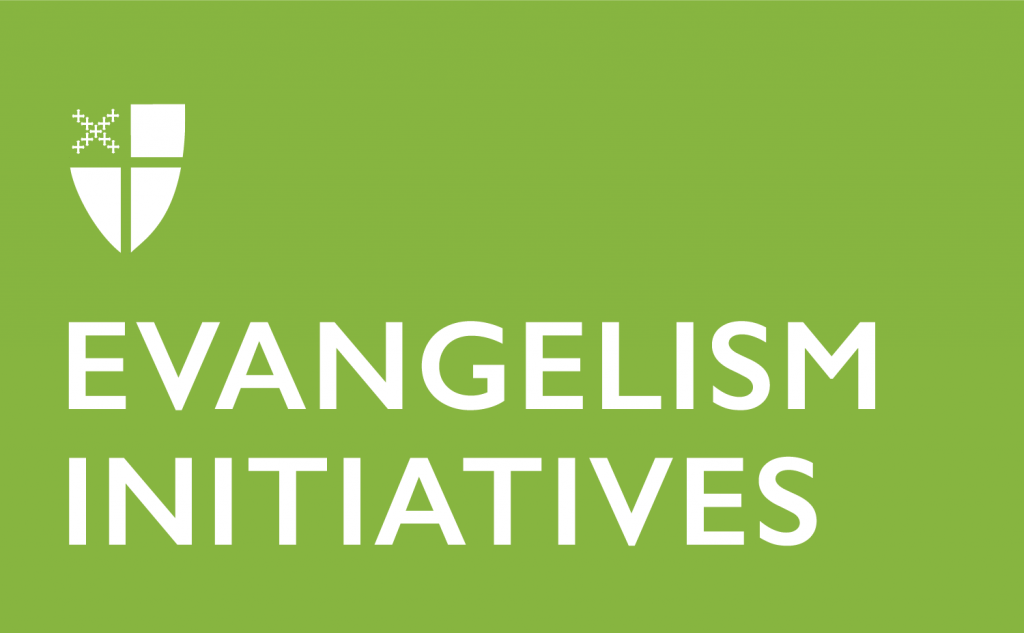Episcopal Evangelism Newsletter, October 2022
This month we continue exploring our Episcopal Evangelism challenge for 2022: Creating authentic communities of friends within our churches to live out our baptismal promises and the church’s mission—to restore and be restored in unity with God and each other, in Christ.
“Our story is never written in isolation. We do not act in a one-man play. We can do nothing that does not affect other people, no matter how loudly we say, ‘It’s my own business.’”
Madeleine L’Engle
Our guest Evangelism Catalyst this month is Rowan Larson, who writes about receiving mail intended for one of her favorite writers. We are thrilled to invite you to read and pray along with the following essay and meditate over these verses.
“…Clothe yourselves with humility toward one another…”(I Peter 5:5)
“…Pray for each other.” (James 5:16)
I spent my first summer of seminary in the mailroom at the Cathedral of St. John the Divine in New York City. I hung out with the peacocks, Phil, Jim, and Harry, and experienced the cathedral closely from behind the scenes, spooky tunnels, passageways, and all.
One of the more unexpected things that summer was getting mail for Madeleine L’Engle almost a decade after her death. As the one-time librarian for the cathedral library now named in her honor, she was still on some mailing lists, and we received the occasional letter or postcard addressed to her.
It was a funny thing to receive mail meant for someone dead, especially mail for someone famous like Madeleine L’Engle. But what better person to reach beyond death than someone like her, who believed in God’s saving love just as deeply as she believed in particle physics and quantum mechanics. To her, everything was interrelated, and nothing happened in isolation, in either life, religion, or physics.
As she always focused on people’s interconnectedness, writing that we “can do nothing that does not affect other people,” I think she would have been tickled knowing that even after her death, she could still affect my own story.
When I first read the direction in I Peter to “clothe (myself) with humility” toward others, I understood Peter to mean that I should approach those I know with an attitude of humility (I Peter 5:5). Well, of course I should try to have an attitude of humility toward those in my community, those whom I know, or have met, or might meet—they’re the ones my life is most likely to touch. It seemed like a no-brainer of a directive, as I didn’t think Peter would be referring to people like Madeleine L’Engle or her mail, meant for someone already beyond the veil who was only tangentially connected to me.
When I was a kid, I read “A Wrinkle in Time,” and as an adult Episcopalian, learned that Madeleine L’Engle was one of us; but she’s not someone I ever met in real life or someone I’d consider part of my community, someone toward whom I need to clothe myself in humility.
In thinking on it, I realized that those who affect my life and toward whom I must clothe myself in humility and for whom I must pray are not necessarily people I’ve ever met or will meet. It’s not just my parents, teachers, friends, loved ones, or local community who can be my “one another,” it’s everyone. Not in a “a butterfly flaps its wings in the rainforest and causes an earthquake across the world” sort of way, but in the little and sometimes very big ways that others’ choices inevitably end up having an impact on my own life. L’Engle’s letters were a source of joy and wonder for me during a difficult summer. So, thank you, Madeleine.

